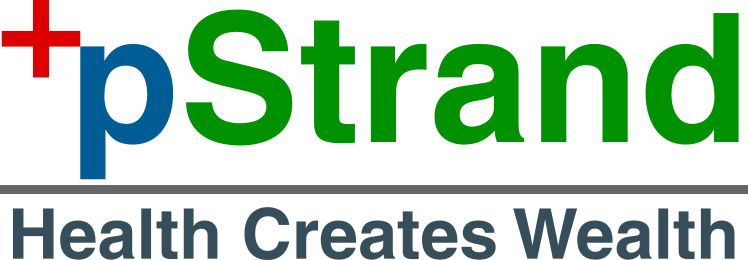
In recently announced Celgene-Beigene deal, the press release highlighted Beigene's potential best-in-class anti-PD-1 antibody BGB-A317, which "is differentiated from the currently approved PD-1 antibodies with the ability to bind Fc gamma receptor I specifically engineered out, and we believe this could potentially result in improved activities".
I wonder if and how much could late comer like Beigene bite into Keytruda / Opdivo 's established market share?
I also read two books in the past few weeks: Science Lessons about Amgen; and Genentech: the beginnings of biotech about Genentech. Amgen, as a late comer to a new industry, enjoyed many second mover advantages: such as higher-calibre experienced management (George Ruthman and Gordon Binder), better finance backer, and clearer corporate strategies.
Then I read more on this topic. Here I put a collection of articles:
First part is about in general business: first mover (pioneer) vs second mover (follower).
Market Entry Strategies: Pioneers Versus Late Arrivals by strategy-business.com
The Second-Mover Advantage by KelloggInsight
First-mover Advantage by Wikipedia
First Mover or Fast Follower? by HBR
Second part is specifically about a discussion in 2013 on First-in-class vs Best-in-class strategies in pharmaceutical industry.
What Matters Most in Commercial Success: First-in-class or Best-in-class? by [email protected]
BCG Weighs In On First-In-Class Vs. Best-In-Class Drugs -- How Valuable Is Their Advice? by John LaMattina @Forbes
Pharma’s First-to-market Advantage by McKinsey
The Shrinking Value Of Best-In-Class & First-In-Class Drugs by RealEndpoints
Me-Too
How Many “Me-Too” Drugs Is Too Many?
Too Many ‘Me-Too’ Cancer Drugs? FDA Official Asks
Hope you will enjoy these readings!
